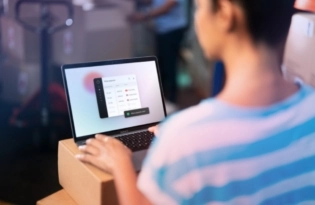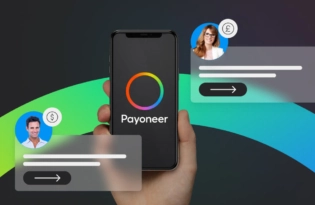Think business payments. Think Payoneer.
We believe global business should be just as easy and hassle-free as doing business locally, for everyone. Payoneer’s payment platform empowers you to reach new markets, do business in multiple currencies, and comply with local regulations – all while simplifying the payment experience for you, your clients, and your partners.
Facts and stats
Our platform’s ready to take your business global with Trustpilot reviews and App Store ratings to prove it. Join 5 million people who already trust us to manage and move their money around the world.
Millions
OF customers worldwide
70
CURRENCIES SUPPORTED
190+
COUNTRIES COVERED
17
LANGUAGES SUPPORTED
Who are our customers?
It’s a word-of-mouth thing
Want to know what it’s like to do business with us? Hear from our customers – and maybe check out some of our Trustpilot reviews.
Trusted by millions of customers worldwide
Chosen by leading marketplaces


















